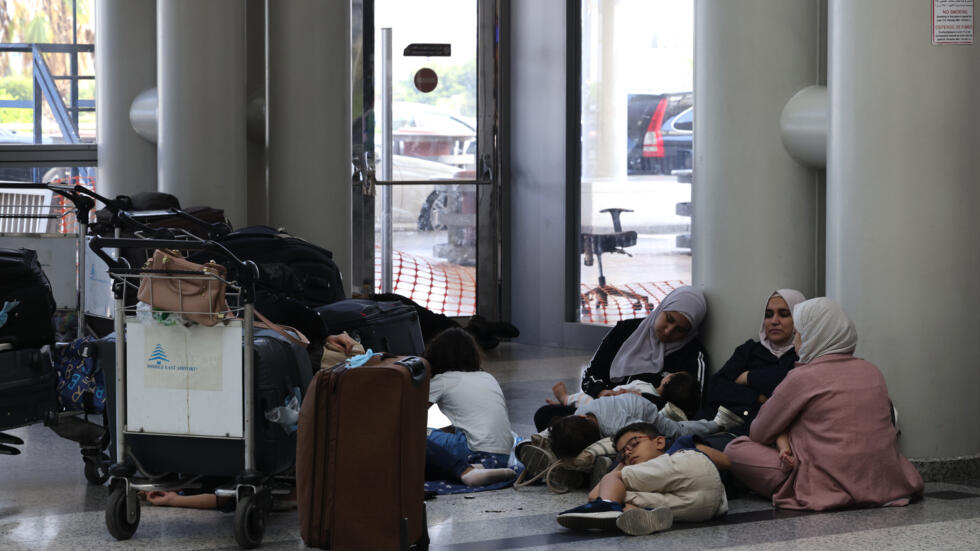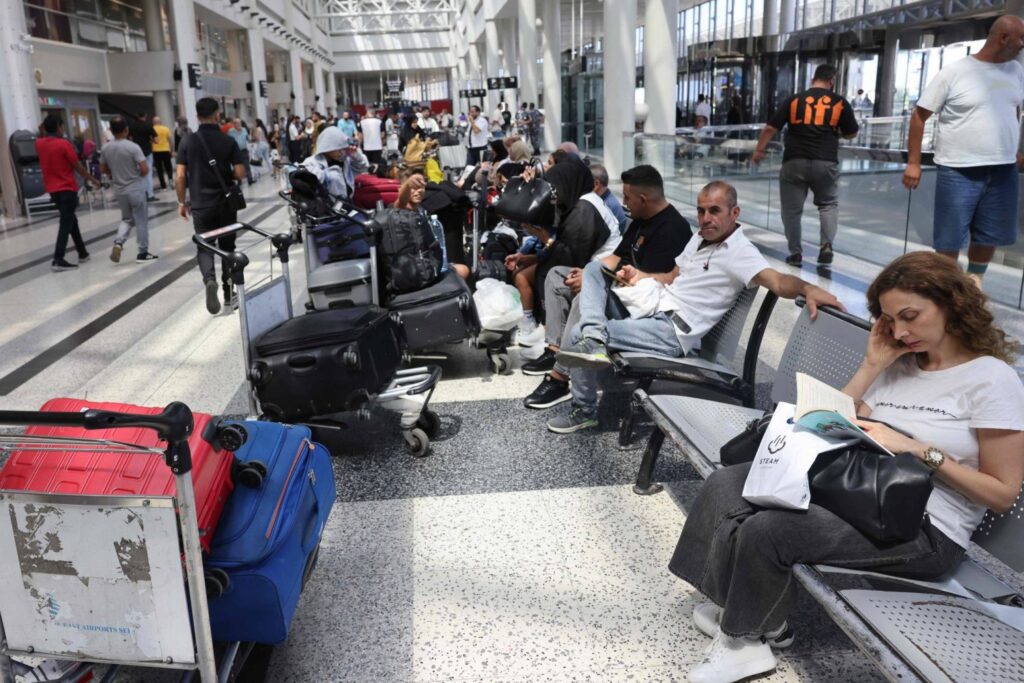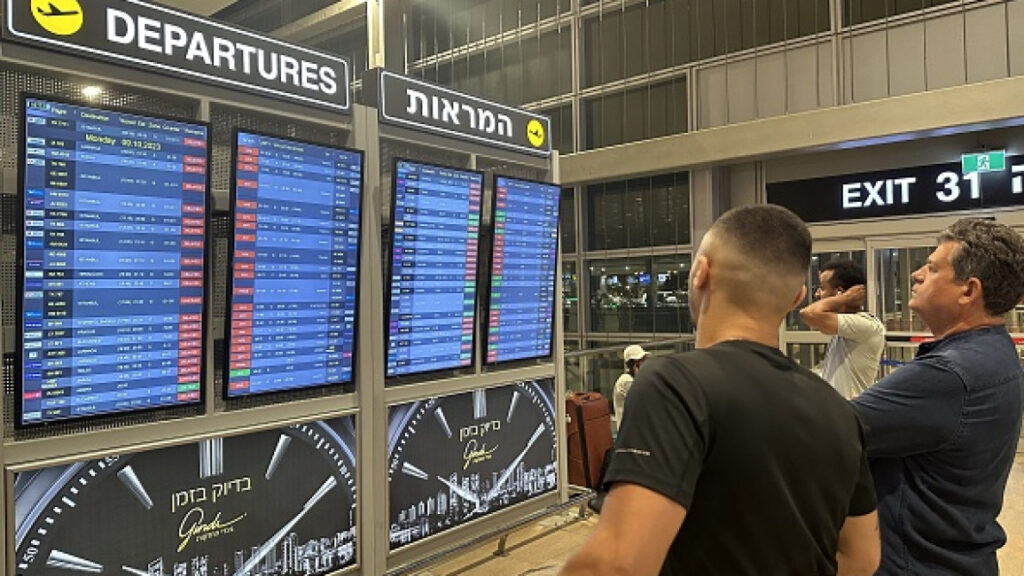BEIRUT — Several major airlines have suspended or cancelled flights to Beirut and Tel Aviv following an escalation in the conflict between Hezbollah and Israel, with both sides launching attacks across their shared border on Sunday.

Jordan’s national carrier, Royal Jordanian, announced the suspension of its flights to Beirut “due to the current situation,” according to a report by the state news agency. The airline did not specify the duration of this suspension. Jordanian officials, speaking to Reuters on condition of anonymity, emphasized that there was no disruption to Jordanian airspace itself.
Air France has cancelled its flights to both Tel Aviv and Beirut at least until Monday, a company spokesperson told Reuters. The French carrier cited security concerns as the primary reason for this decision.
German airline Lufthansa extended its previously announced suspension of flights to Beirut until September 30. This decision, initially made on Friday, reflects growing concerns about the stability of the region.
Despite these cancellations, Lebanon’s civil aviation authority issued a statement on Sunday, carried by the official National News Agency, emphasizing that “the airport is functioning normally” despite some disruptions. The authority refuted rumors of a complete shutdown of flights, stating there is “no truth” to such claims.

The flight cancellations come in response to a significant escalation in the conflict between Hezbollah and Israel. On Sunday, Hezbollah launched rockets and drones at Israel, prompting the Israeli military to retaliate with strikes involving approximately 100 jets targeting locations in Lebanon.
This latest round of violence has raised concerns about the safety of civilian air traffic in the region. A spokesperson for the International Air Transport Association (IATA) told Reuters, “We are closely monitoring the situation and advising our member airlines to exercise caution and follow all relevant safety advisories.”
The disruptions to air travel are likely to have significant economic impacts on both Lebanon and Israel, countries heavily reliant on tourism and international business travel. Lebanon’s Tourism Minister, speaking on condition of anonymity due to the sensitivity of the situation, expressed concern about the potential long-term effects on the country’s struggling economy.

Several other airlines had already announced flight suspensions or cancellations to Beirut in recent weeks, with some later resuming services as tensions fluctuated. However, this latest escalation has prompted a more widespread response from international carriers.
Passengers with bookings to the affected destinations are advised to check with their airlines for the latest information and rebooking options. Many carriers are offering flexible rebooking policies in light of the uncertain situation.
As the conflict continues to evolve, the international aviation community remains on high alert, with airlines and regulatory bodies closely monitoring developments to ensure the safety of passengers and crew.



